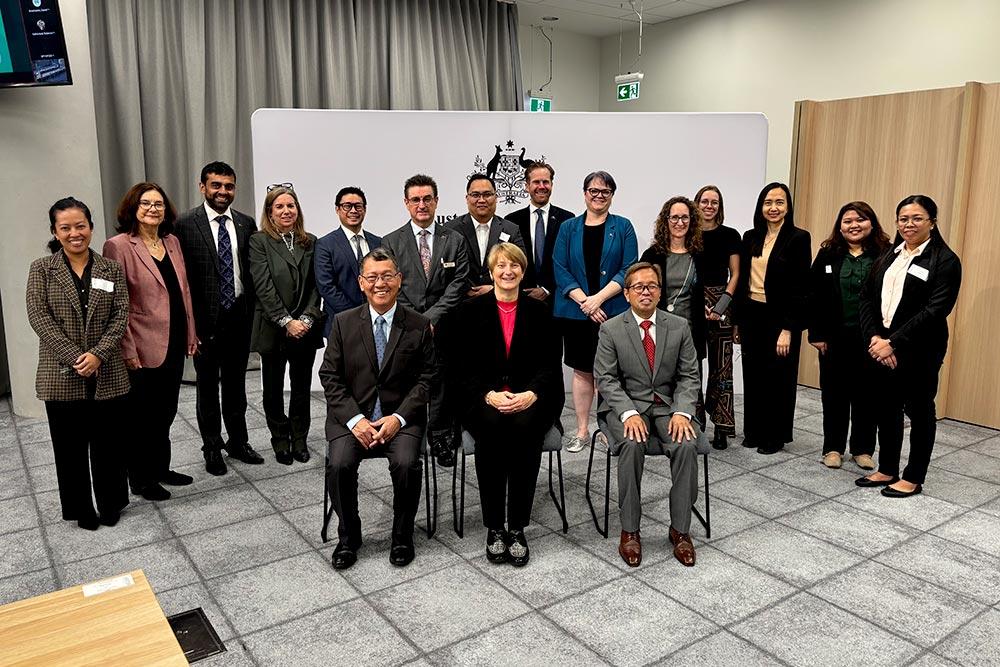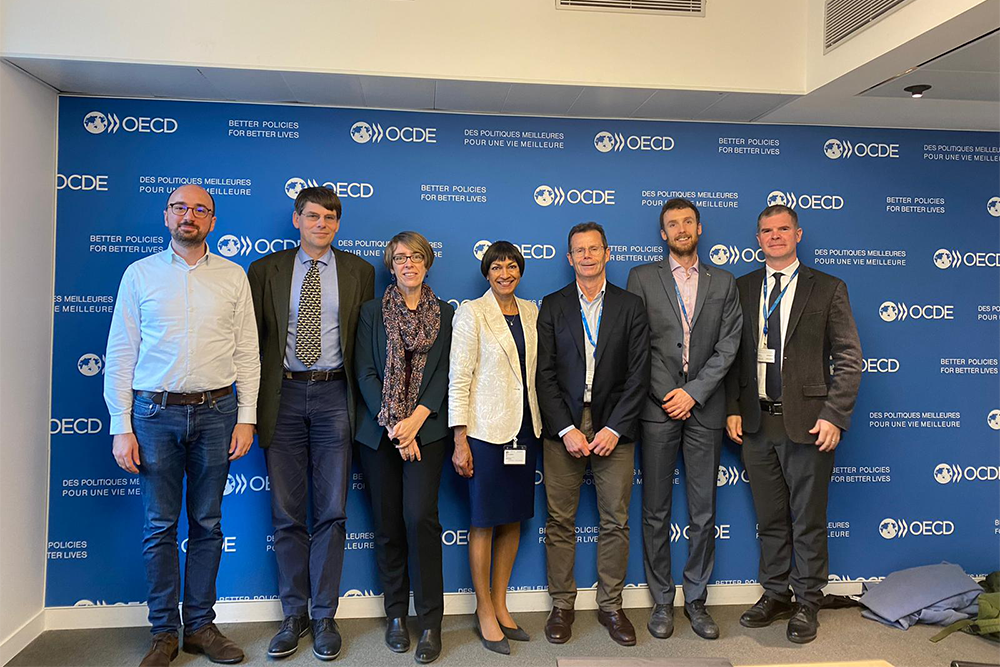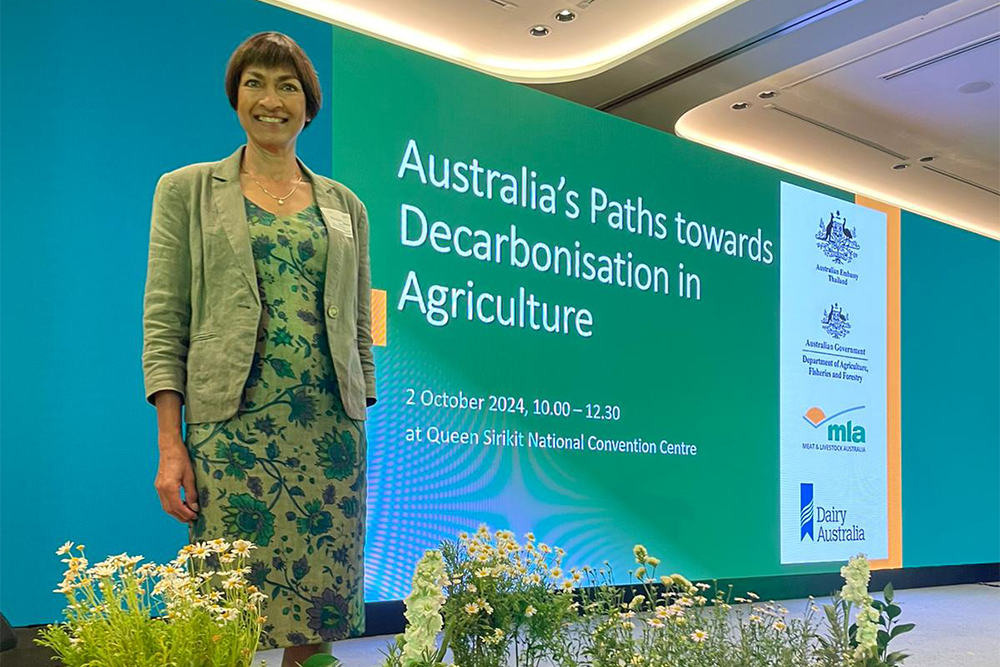Australia hosted and chaired the 27th Session of the Codex Committee on Food Import and Export Inspection and Certification Systems (CCFICS27) from 16-20 September 2024 in Cairns, Queensland.
Food safety regulators from over 60 countries and international organisations gathered to develop and agree international food standards that help to protect the health of consumers, promote fair trading practices, and facilitate international food trade.
CCFICS is a committee of the Codex Alimentarius Commission (Codex) – the international food standard setting body of the United Nations Food and Agriculture Organisation (FAO) and World Health Organisation (WHO).
This week, CCFICS27 made good progress on its current program of work, which includes guidance on the equivalence of food controls; traceability as a tool within national food control systems; and the prevention and control of food fraud.
The committee also agreed to begin four new pieces of work about information exchange and data to support import and export assurance. This includes guidance to rationalise the use of food establishment listing for market access; guidelines for the presentation of sanitary attestations on export certificates to better enable the transition to paperless trade; and principles to guide the digitalisation of national food control systems.
The international food standards set by CCFICS play an important role in reducing barriers to trade for food exporters and importers by harmonising food safety approaches within countries’ national food control systems, including import and export inspection and certification systems. This brings benefits to stakeholders along the supply chain – farmers, food business operators, regulators, consumers.
International harmonisation has the effect of facilitating trade, reducing regulatory costs, and protecting the health of consumers. In recent years the committee has completed work on several important standards that assist countries to modernise their food regulatory approaches. This includes guidelines related to remote audit and inspection, paperless trade (eCert), and use of voluntary third-party assurance.
In recent years the committee has completed work on standards that assist countries to modernise their food regulatory approaches. This includes guidelines for remote audit and inspections, paperless trade (eCert), and use of voluntary third-party assurance.
CCFICS continues to develop valuable tools to promote transparent and risk-based regulatory frameworks for international trade in food. The next CCFICS session will be convened in October 2026.
For further information about getting involved in the work of CCFICS you can contact codex.contact@aff.gov.au.



